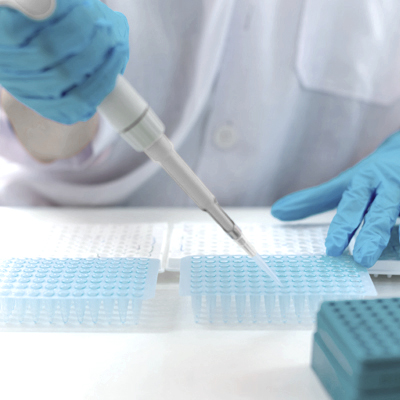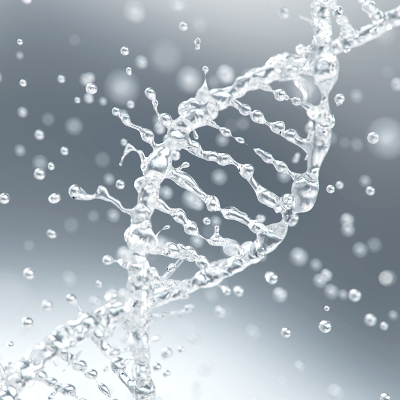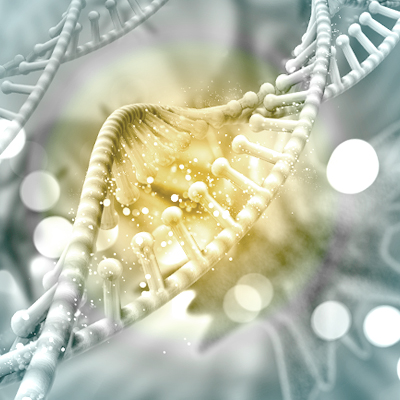This application area can be served by a number of Diagenode solutions including:
Areas of significance for epigenetics and coronaviruses
How Diagenode can help
Deeper study into the epigenetics of the COVID-19 infection could help clinicians to detect the virus more accurately, assess risk and severity of disease, as well as personalize treatment options across varying patient profiles. New research of epigenetic adaptations could better uncover predictive markers, new targets and the associated mechanisms of SARS-CoV-2 and COVID-19.
Diagenode offers tools to help in a number of areas for SARS-CoV-2 research:
DNA methylation profiling, bioinformatics, and data mining:
- Uncover host DNA methylation changes caused by the virus RNA
- Large human cohorts studies, biomarker discovery for survival / susceptibility
Long read sequencing:
- Characterize genomic regions that are important in immune response in humans to elucidate the variance observed in the severity of response to SARS-CoV-2 infections.
- Characterize the viral genome
- Understand viral mutations
Mechanistic studies:
- Mechanistic studies where histones/chromatin play a role:
References
Corley, M. J., & Ndhlovu, L. C. (2020). DNA methylation analysis of the COVID-19 host cell receptor, angiotensin I converting enzyme 2 gene (ACE2) in the respiratory system reveal age and gender differences. Preprints.
Sawalha, A. H., Zhao, M., Coit, P., & Lu, Q. (2020). Epigenetic dysregulation of ACE2 and interferon-regulated genes might suggest increased COVID-19 susceptibility and severity in lupus patients. Clinical Immunology.
Schäfer, Alexandra and Baric, R. (2017) Epigenetic Landscape during Coronavirus Infection. Pathogens https://doi.org/10.3390/pathogens6010008






